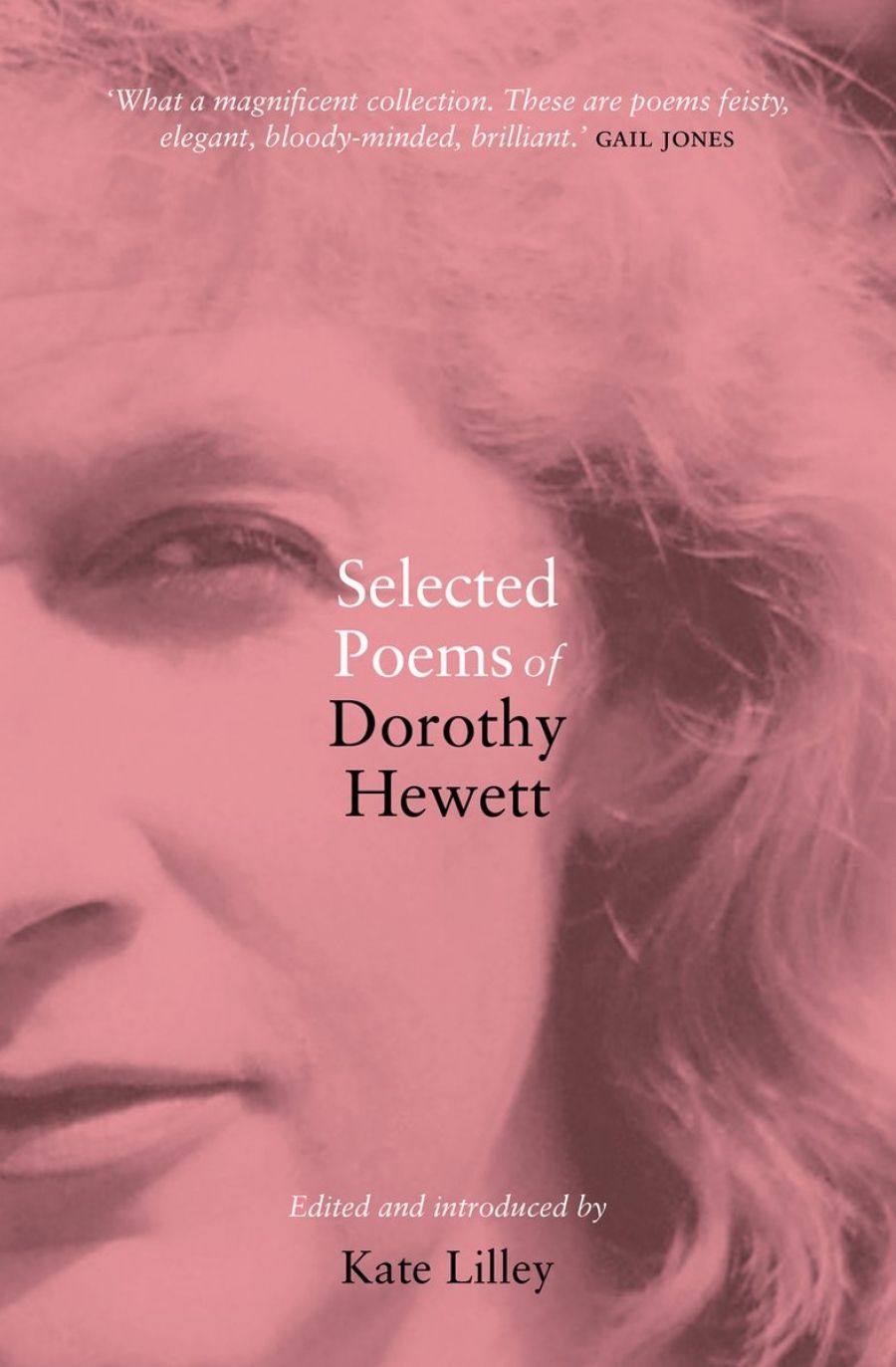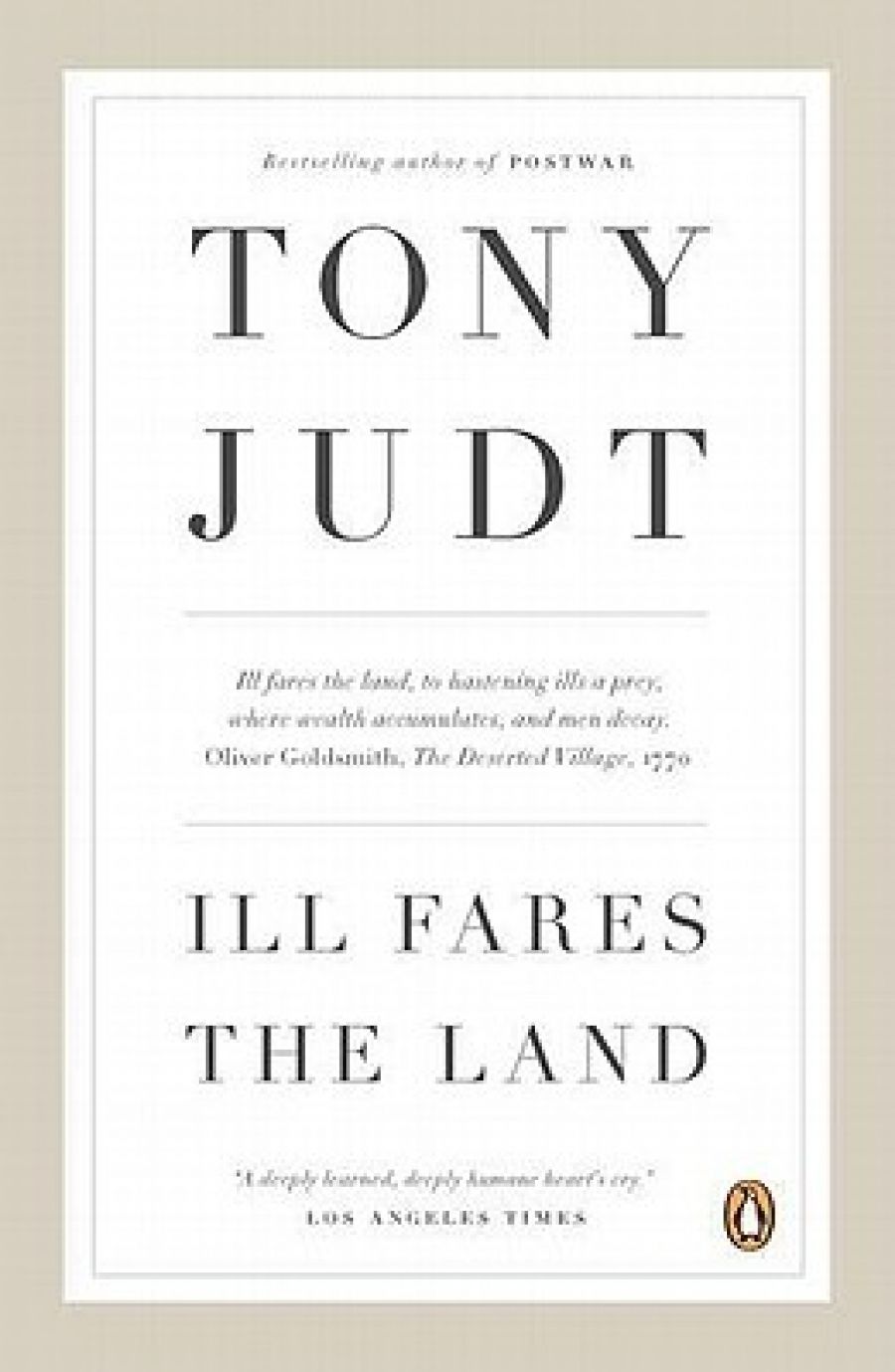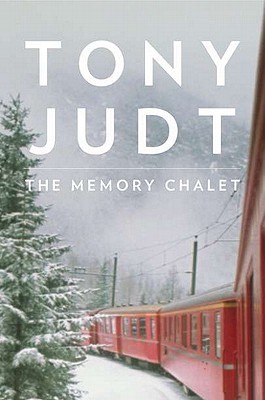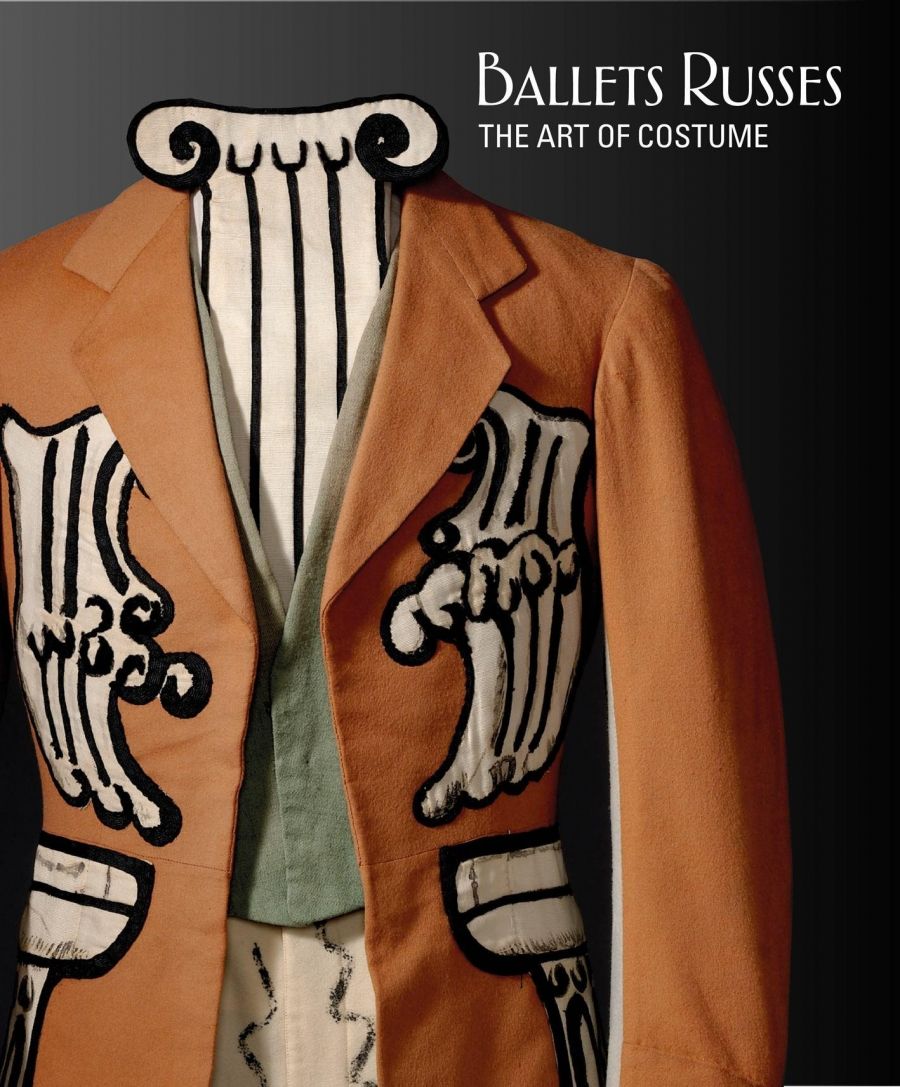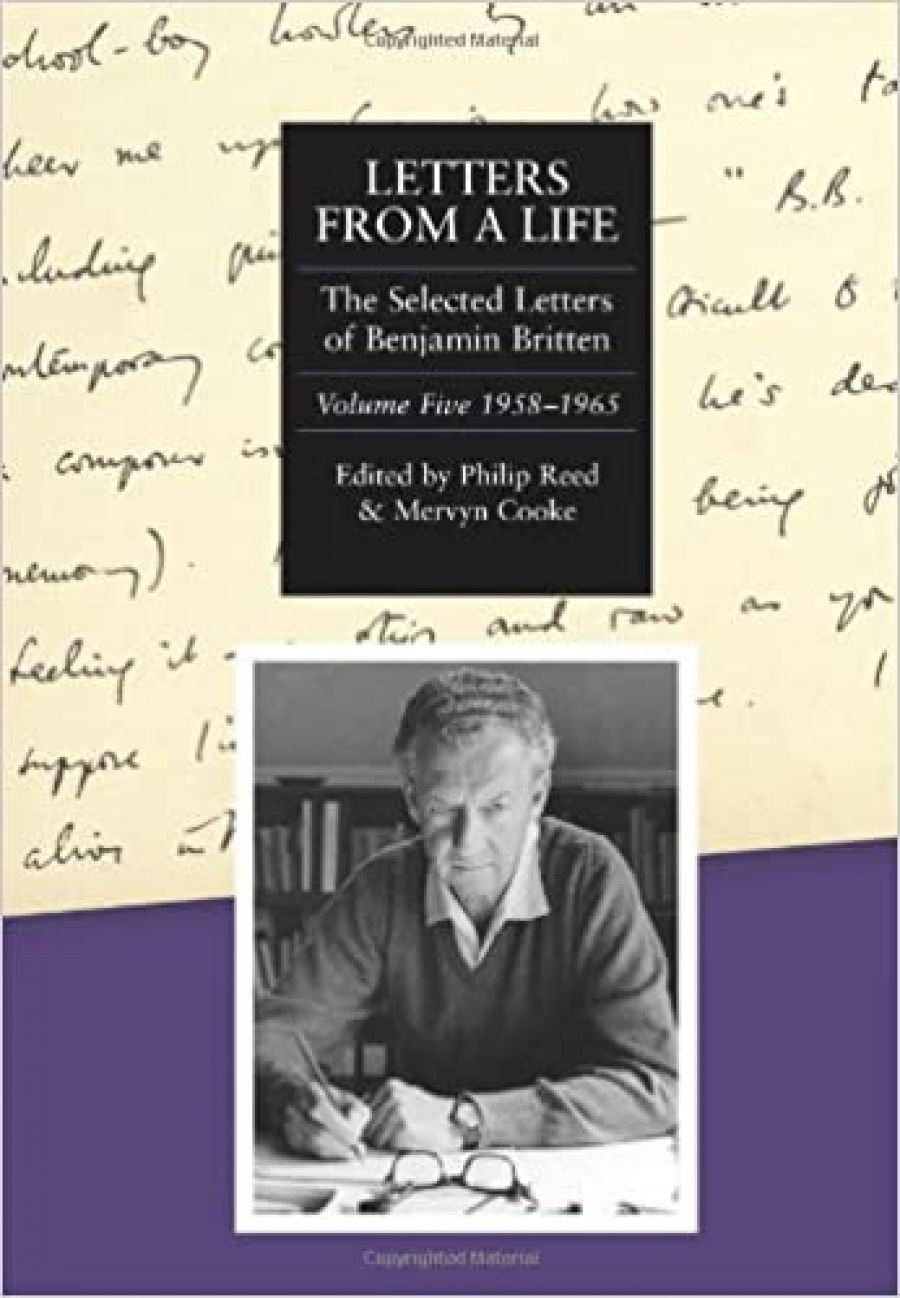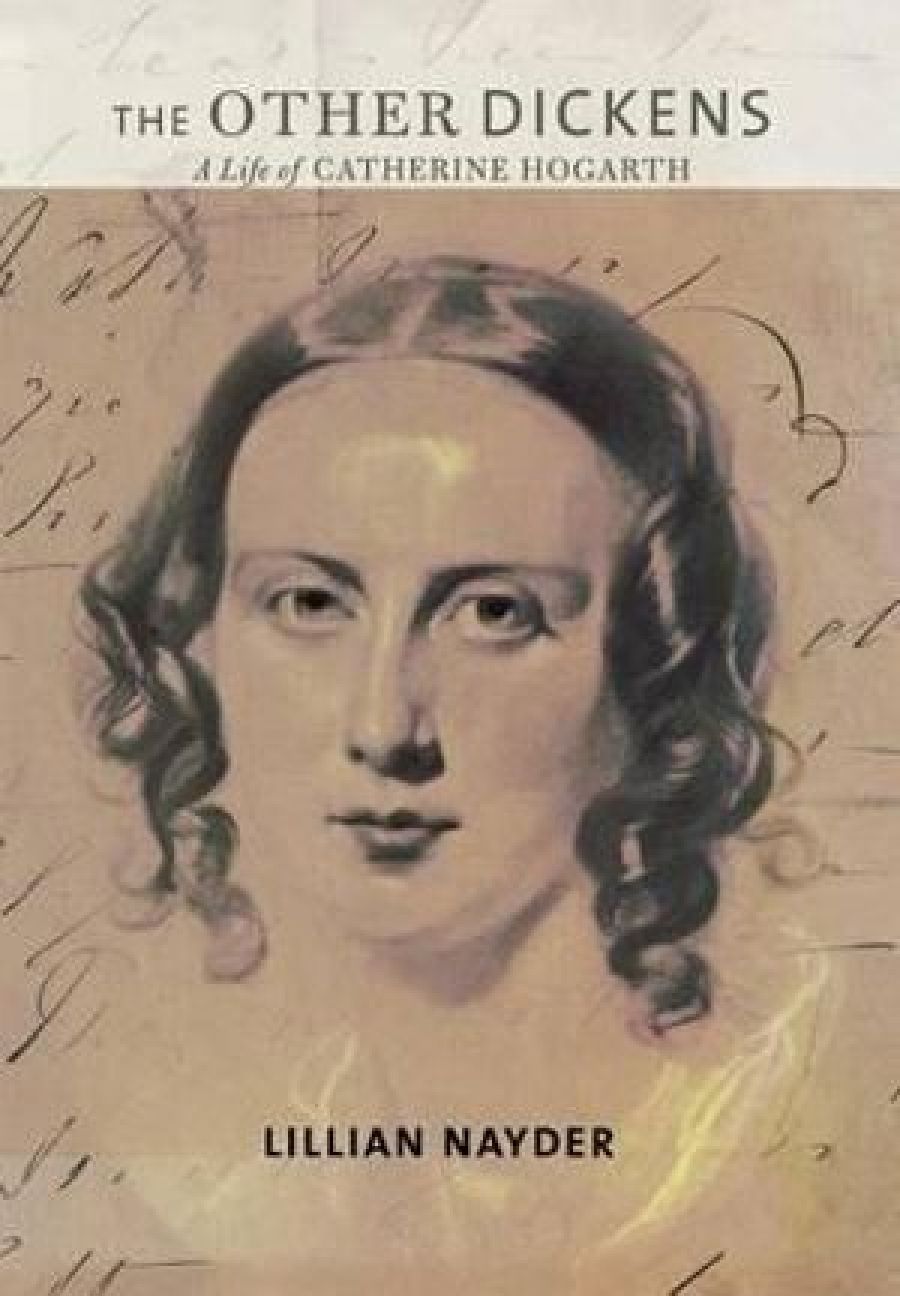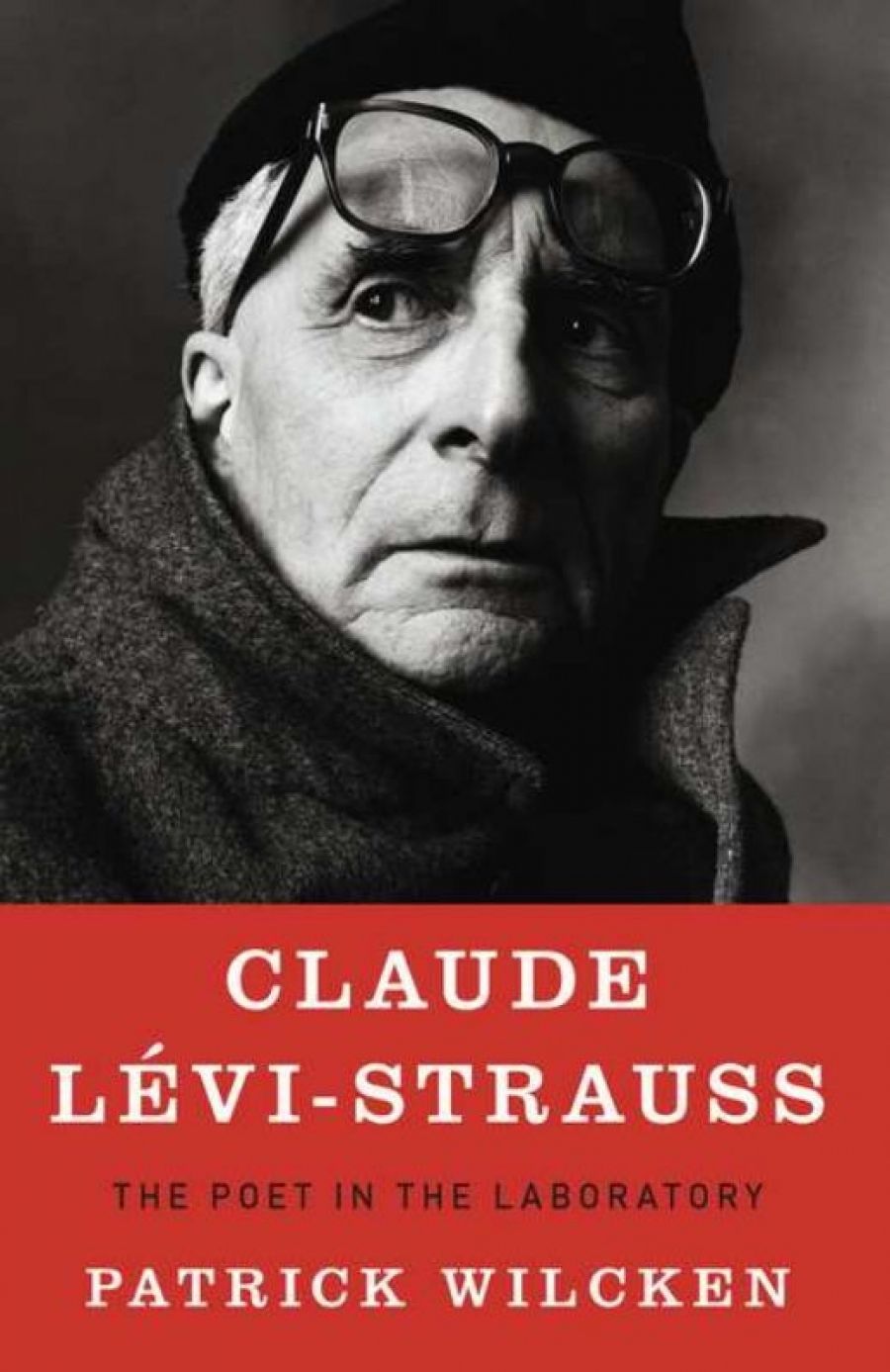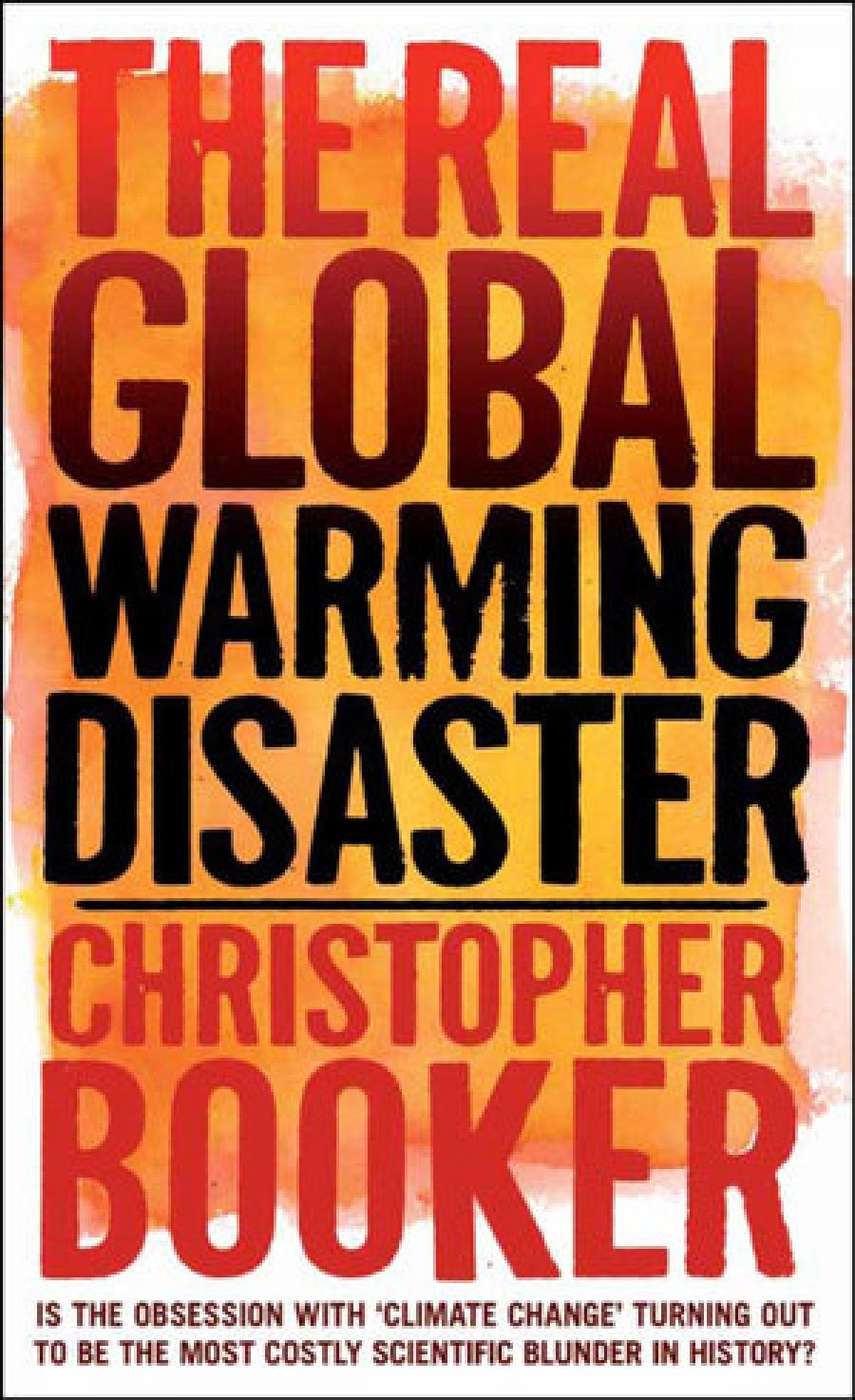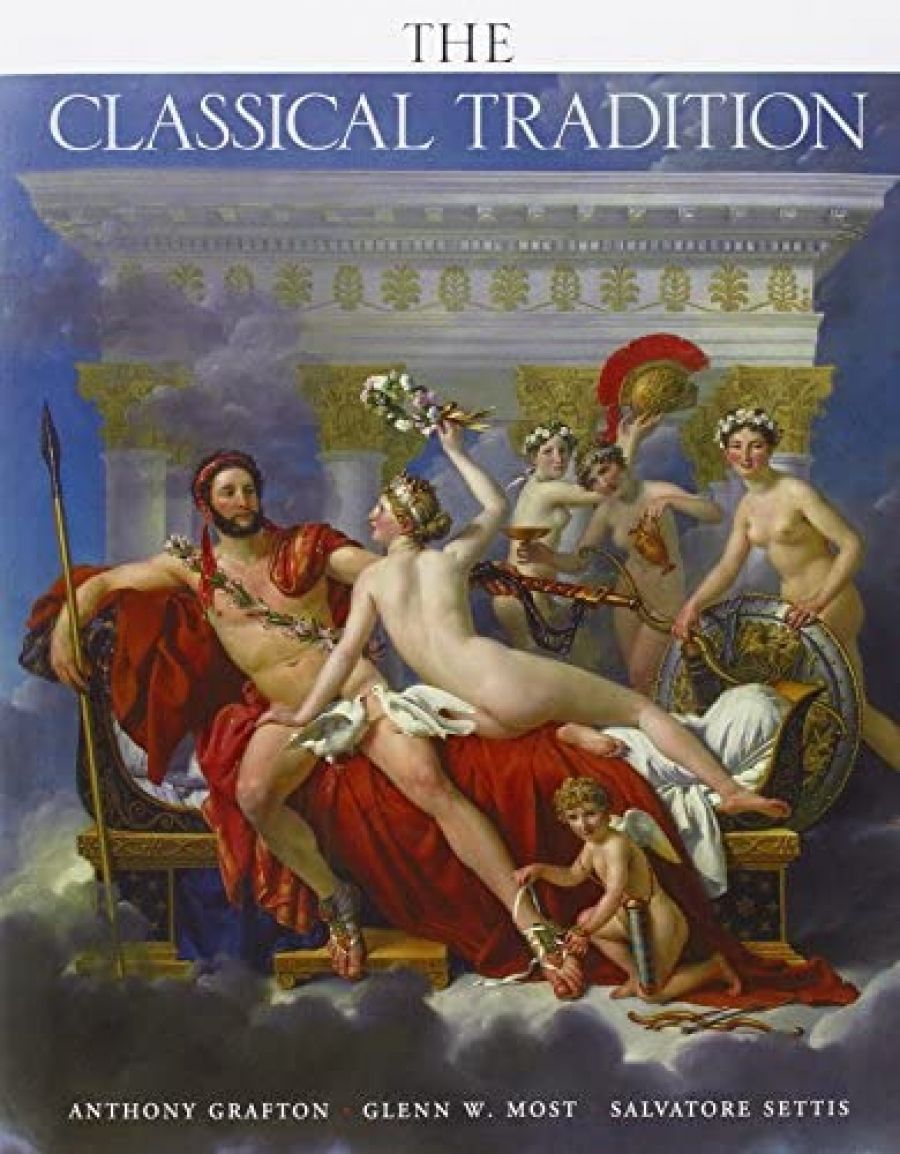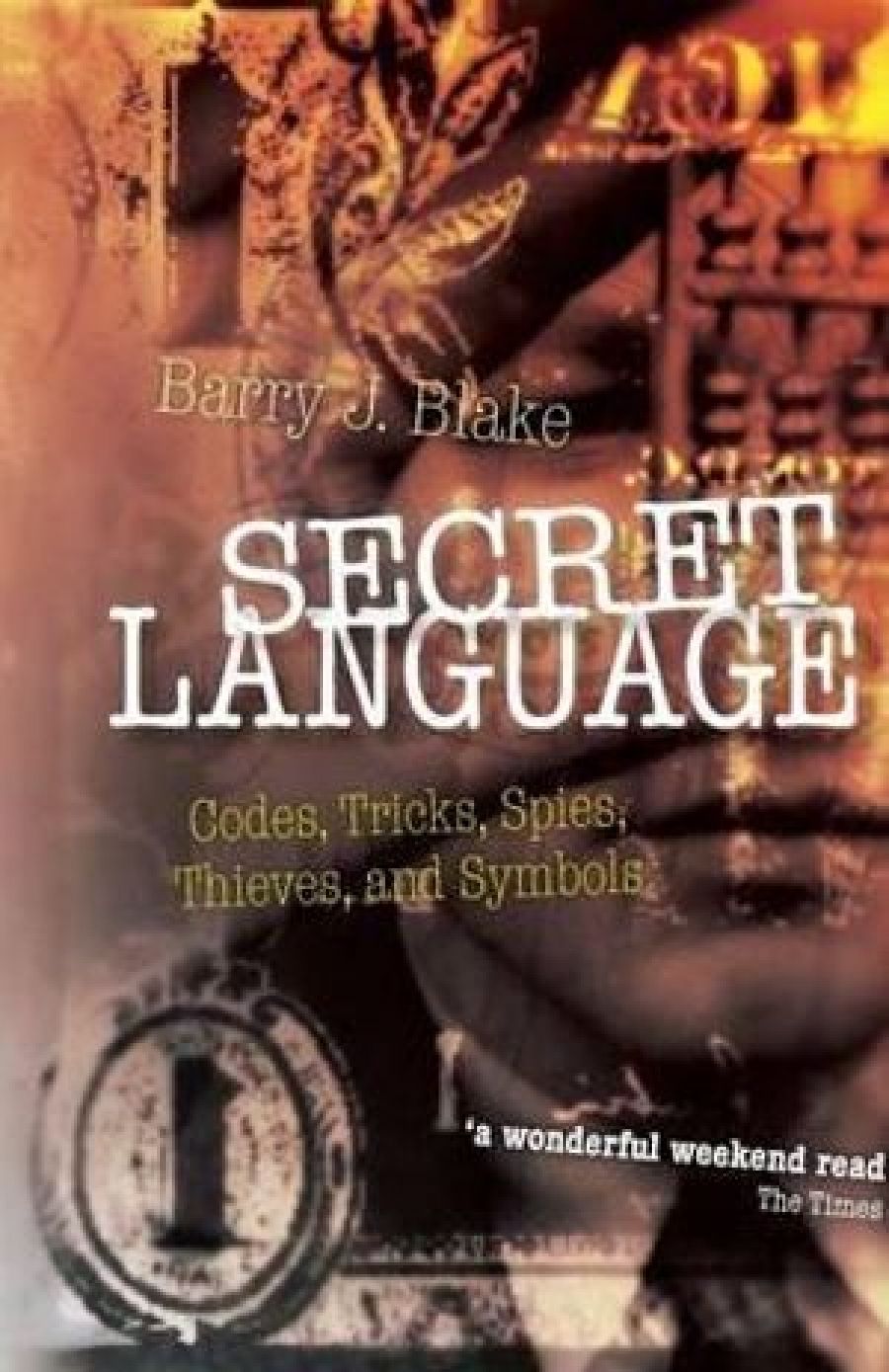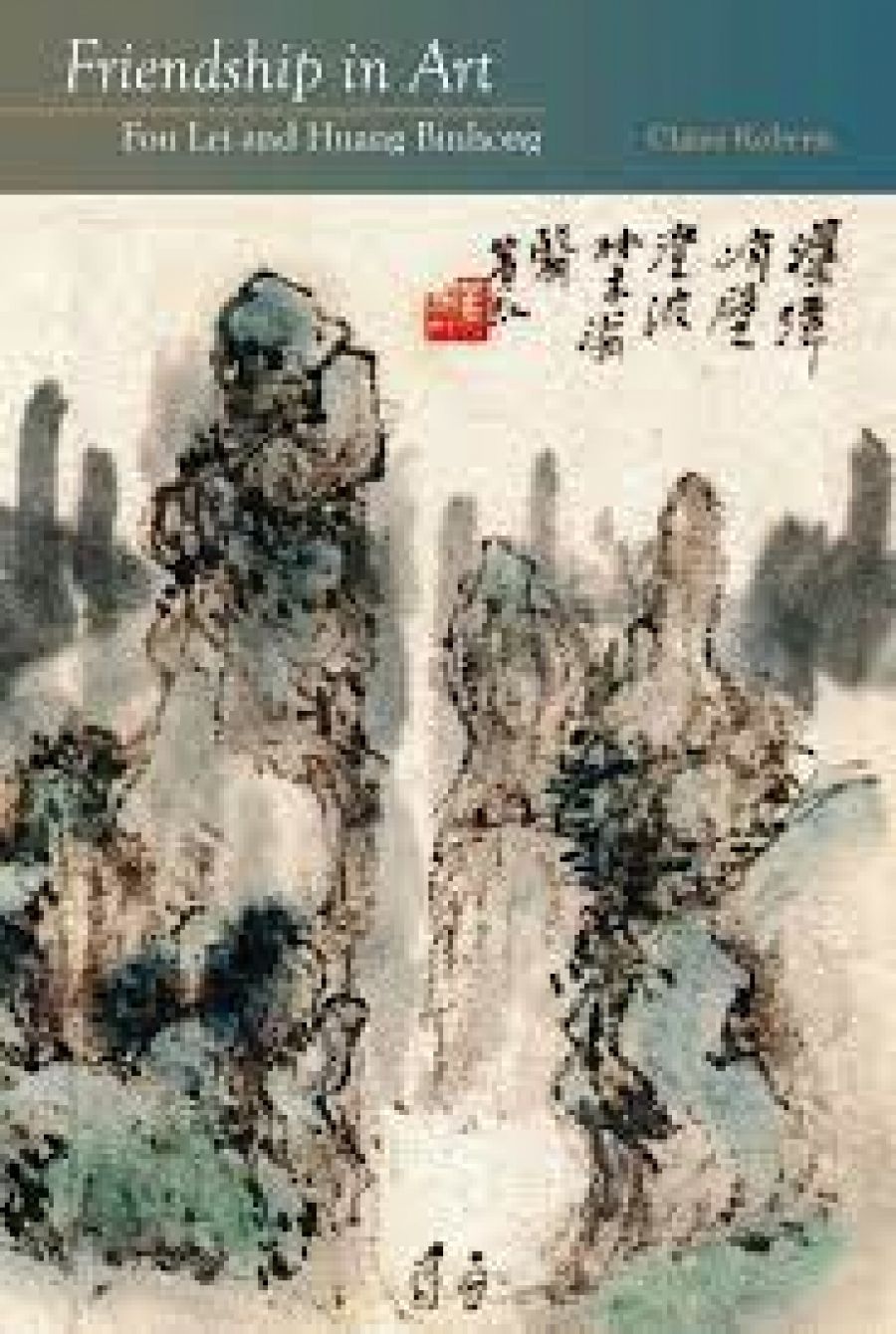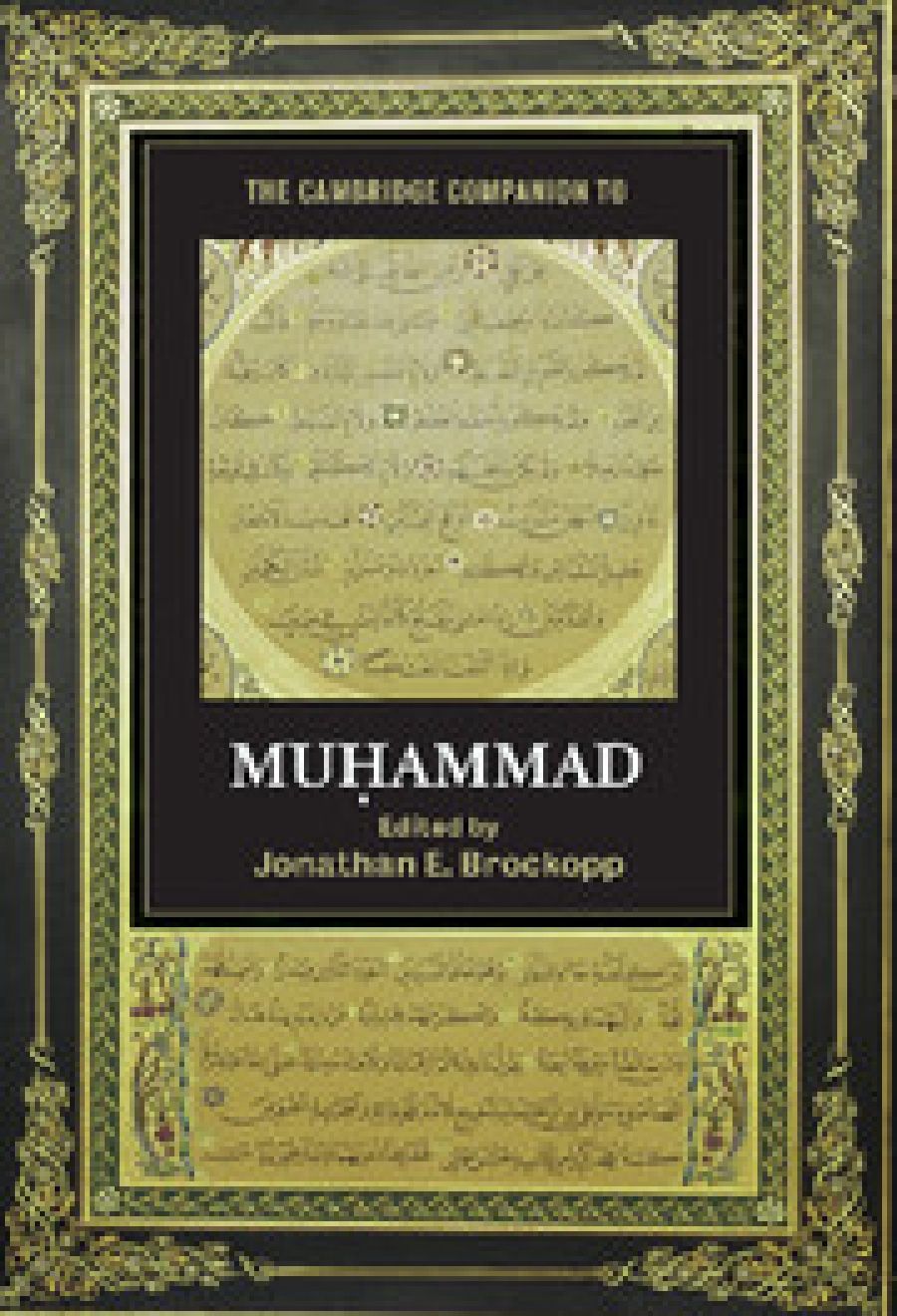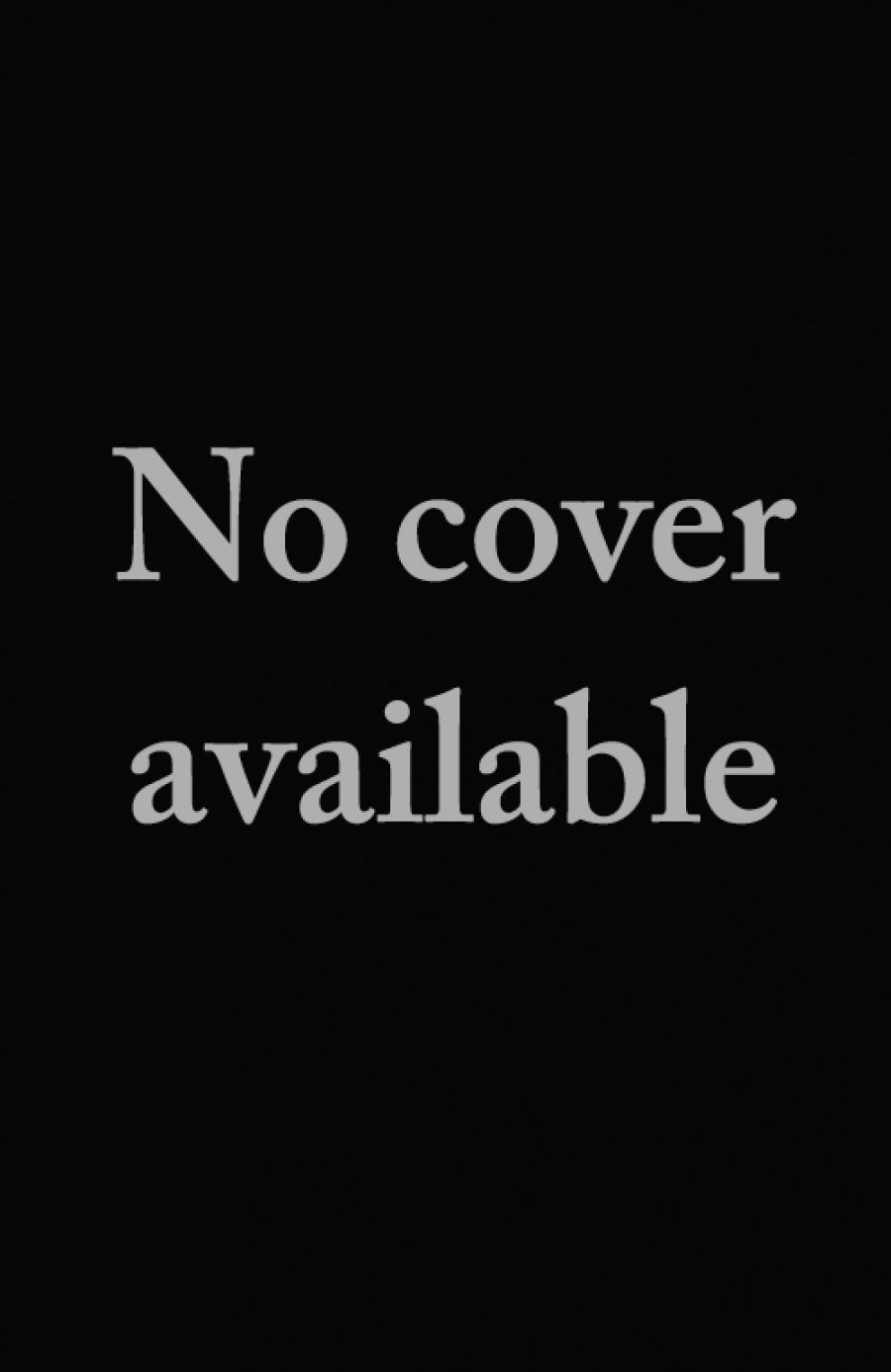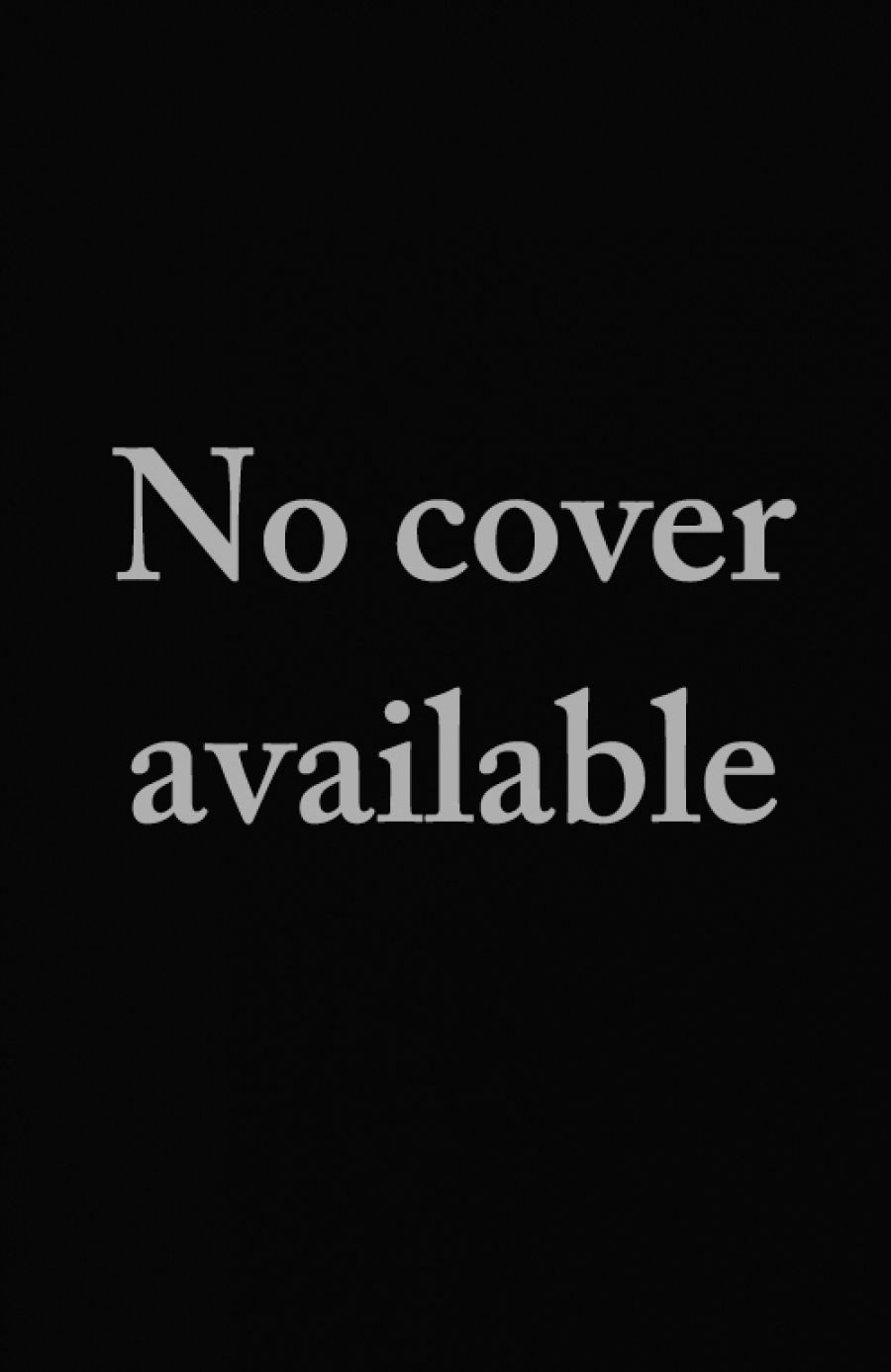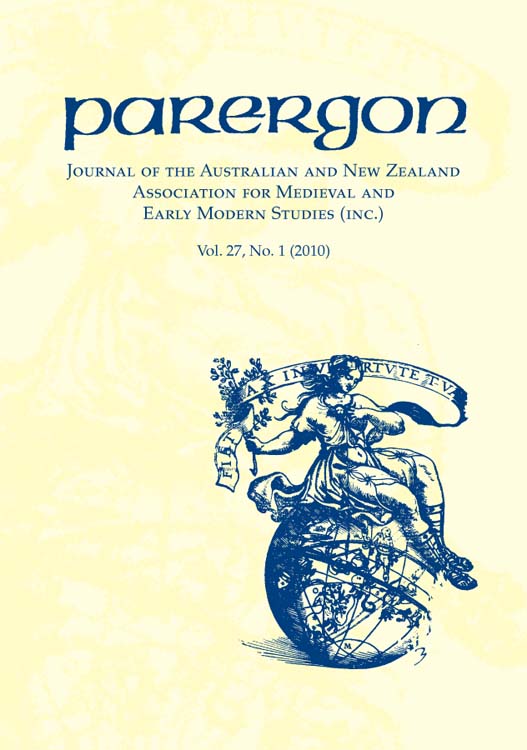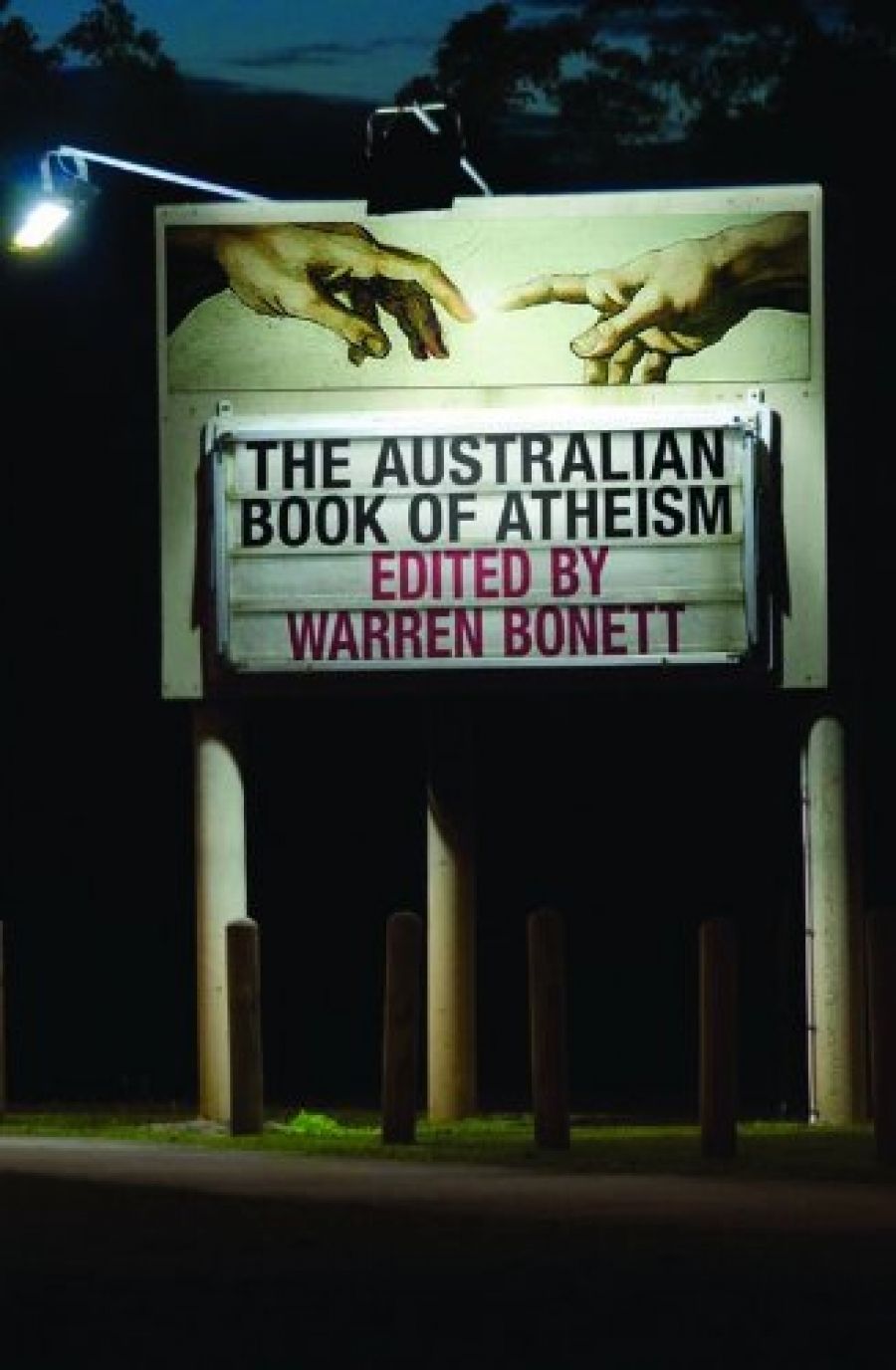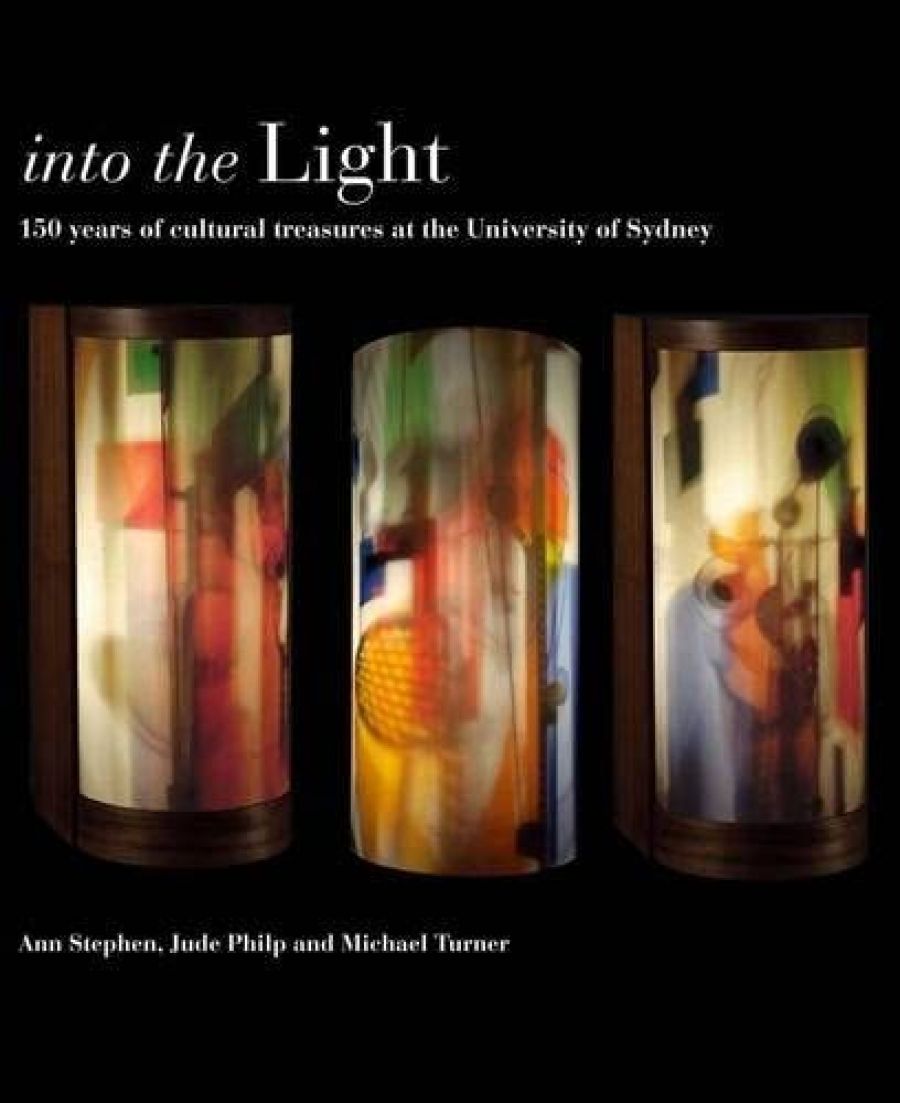- Free Article: No
- Contents Category: Advances
Chong’s covers
Last month’s cover subject, Paul Kelly, proved immensely popular when we began advertising a new series of portrait prints based on W.H. Chong’s cover images. Each portrait is available exclusively from ABR. The unframed prints – presented in limited editions – are signed, numbered, and (in some cases) hand-coloured by Chong, who, with typical generosity, has waived any income from the series, to support the magazine. ABR subscribers pay $150 per print; non-subscribers pay $195. Prints may be purchased online, or via the ABR office: (03) 9429 6700.
The first series (Paul Kelly with coloured dots) has almost sold out; a few prints are still available. We fancy that Dorothy Hewett, this month’s cover subject, will prove equally popular.
Evergreen Webb
It would be a benighted land that ignored the poetry of Francis Webb (1925–73), regarded by many critics as Australia’s finest poet. Major publishers, in recent years, have often spurned poetry, to the detriment of Australian readers. How pleasing, then, that UWA Publishing has just issued the Collected Poems of Francis Webb, edited and introduced by Toby Davidson. The retail price ($32.95) is almost absurdly low for such a body of work. Chris Wallace-Crabbe will review the collection in a coming issue.
First up, though, from UWA Publishing, comes the Selected Poems of Dorothy Hewett, chosen by her daughter, Kate Lilley. Susan Sheridan reviews it this month. With Dr Lilley’s permission and that of the publisher, we reproduce Dorothy Hewett’s poem ‘This Version of Love’.
Stop press
Next month we will announce details of our short story prize, renamed after one of Australia’s finest authors, and with a substantial increase in prize money. This development is possible because of the largesse of one of ABR’s senior Patrons. Indeed, it is largely because of the kindness of patrons that ABR is able to offer lucrative prizes and fellowships and editorial internships. Private patronage is transforming the magazine and broadening its programs. If you wish to help a cultural organisation with DGR status, consider supporting the magazine that supports Australian writers. See the print edition for more details.
Readers’ Choice Award
Margaret Steinberger has won the ABR Short Story Competition Readers’ Choice Award prize of seventy-five new Popular Penguins, courtesy of Penguin Books. Ms Steinberger nominated Reader’s Choice Award-winner Josephine Rowe’s story ‘Suitable for a Lampshade’ as her favourite, praising Rowe’s ‘sharply observed characters, realistic and believable dialogue and … flashes of humour’. ‘Suitable for a Lampshade’ appeared in our February issue.
The heritage of ABR
Advances is truly chagrined. In its many moves and transmogrifications over the years, ABR somehow managed to lose its only copies of several of the original issues in the first series of ABR – the one that Max Harris and Geoffrey Dutton launched in Adelaide in November 1961, and that ran (monthly or quarterly) until 1974, when ABR lapsed until its revival, in Melbourne, in 1978.
The first issue itself – tabloid format, sixteen pages, handsomely laid out – is fascinating. The editors certainly hit the ground running. Among their contributors were Geoffrey Blainey, Robert Hughes, Sylvia Lawson, Stephen Murray-Smith, Randolph Stow, and Rosemary Wighton. The editorial, which we shall post on our website, is proud, determined, emphatic. ‘A country which absorbs one out of every four books exported from Britain can sustain an expanding national literature: there’s little doubt of that! ... Fortunately, there is no shortage of critical intellect in Australia.’ ABR would love to possess a full set of the first series. We have a list of those we are missing. Please call us if you can help.
Good advice
ABR’s editorial advisers, all of whom are listed on the imprint page of our print edition, assist us to place certain books and to find new contributors. Periodically, we add to this honorary advisory board – most recently, Professor Margaret Harris, Director of Research Development in the Faculty of Arts at the University of Sydney, whose most recent contribution to ABR, an article (written with Elizabeth Webby) on the papers of Patrick White, appeared in the December 2010–January 2011 issue; and Jake Wilson, whose writings on film appear in The Age and elsewhere. Jake Wilson, in the current issue, reviews a new book on that scarifying film Wake in Fright. Next month he will launch our new film column with a review of the second dramatisation of Graham Greene’s novel Brighton Rock. Each month, to complement our critical coverage of books on film, we will review a major new feature film or documentary.
March giveaways
Ten new subscribers this month will receive a signed copy of Tim Flannery’s Here on Earth, courtesy of Text Publishing. Existing subscribers who renew for two years will receive a ticket, valued at $90, to the Australian Chamber Orchestra’s May performance, Glittering Fröst, in Melbourne, Sydney, or Perth. Thirty subscribers who renew for one year will receive a double pass to the film, Never Let Me Go; adapted from the novel by Kazuo Ishiguro, thanks to Twentieth Century Fox.
CONTENTS: MARCH 2011


